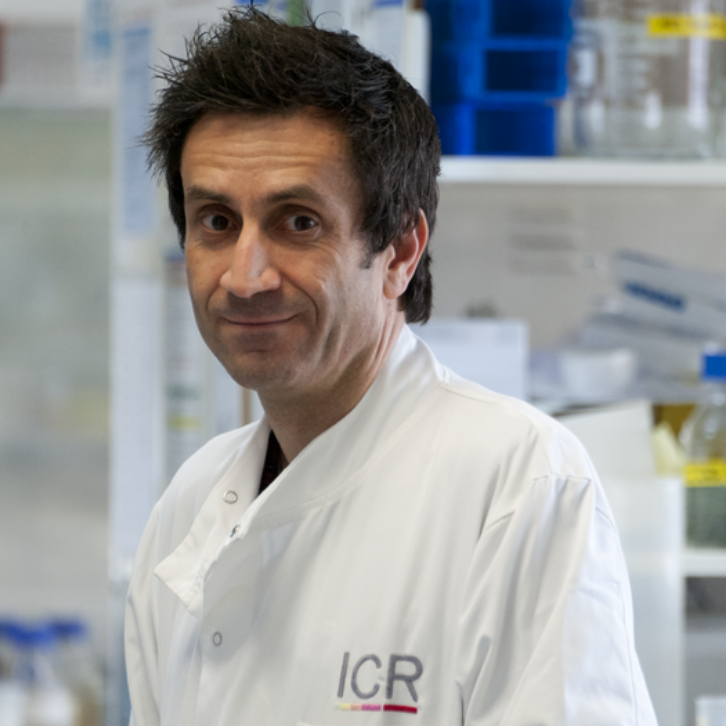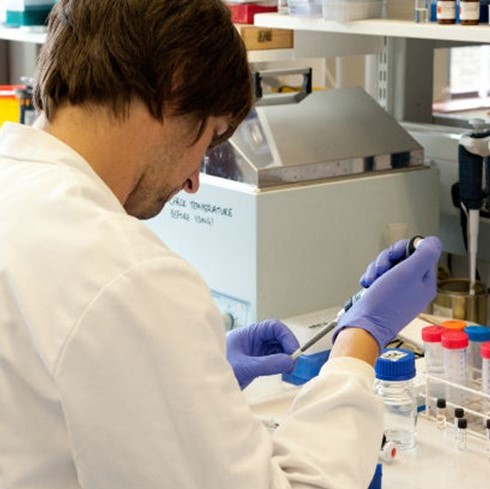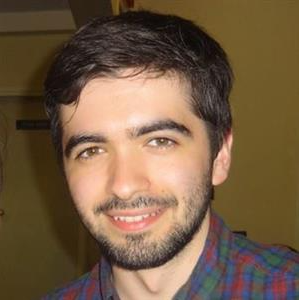Research in to Brain Tumours
Brain Tumours kill more children than leukaemia or any other cancer, kill more women under 35 than breast or any other cancer, kill more men under 45 than prostate or any other cancer, and are the main cancer killer of people under 40.
16,000 people are diagnosed with a primary, malignant brain tumour each year. When other types of brain tumour are factored in, this number will be anything up to 3 times greater. For brain cancer patients the five-year survival rate is just 14% and up to 40% of all cancers spread to the brain. However, brain tumour research receives only 0.7% of UK national cancer research spending. The laboratory-based element of that is even less.
When Ollie was diagnosed, there was no treatment, no cure. No answers for his family. And no hope.
To help bring a similar change of fortune to those diagnosed with brain tumours, the Ollie Young Foundation currently assists in funding the research of the Institute of Cancer Research (ICR), London, and has previously funded the Institute of Biomedical and Biomolecular Sciences at Portsmouth University.

About the Institute of Cancer Research
The Institute of Cancer Research (ICR), London, is one of the world’s most influential cancer research institutes, with an outstanding record of achievement dating back more than 100 years.
The ICR’s mission is to make the discoveries that defeat cancer. They are world leaders in identifying cancer genes, discovering cancer drugs and developing precision radiotherapy.

Meet the Research Team
Professor Chris Jones heads the ICR’s Glioma Team whose research aims to find the genes which drive the development of childhood brain tumours.
He is a Fellow of the Royal College of Pathologists, and is Biology Lead for the International Society for Paediatric Oncology European High Grade Glioma Working Group.

Project Overview
The Glioma Team at the ICR is dedicated to turning biological discoveries into improved clinical outcomes for children with brain tumours. In order to continue building on their progress, the team needs ongoing support in the characterisation of childhood glioma, and the testing of new drugs in laboratory models. Support from the Ollie Young Foundation is instrumental in helping them to achieve this.

Q&A with Yura
Talk us through a normal working day
I am currently working from home full time and enjoying the slightly shorter commute from my bedroom to my desk. A typical day involves web meetings with members of the team to discuss various ongoing work and the rest of the time is taken up by running analyses and visualising data.

